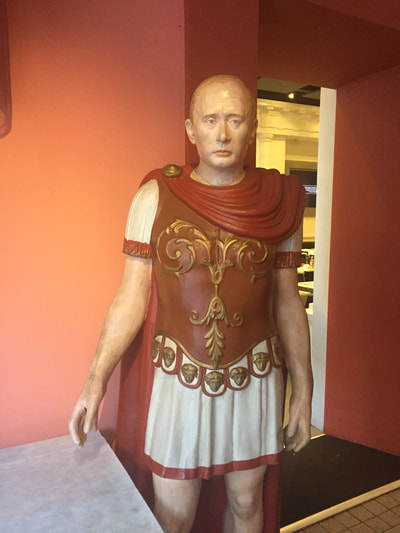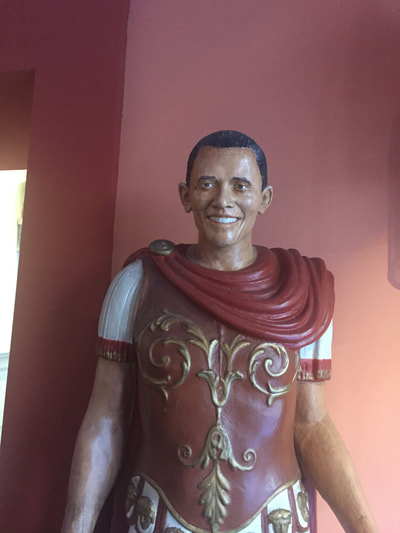Mainly, at the moment, I don’t want to see Donald Trump re-elected. I don’t hate Trump as a person and doubt he has enjoyed much of his time in office. But I also think he hates to lose, and his power base doesn’t want him to lose. He’s been described as an “imperfect vessel” for certain conservative views, and for that he is useful. Initially, I hoped that he might grow into the office, and take on positive, bipartisan initiatives – rebuilding infrastructure; addressing climate problems; refining current health care programs; creating a better types of jobs; a fair, workable immigration system.. But that hasn’t happened. Instead there has been one tempest after another, in which he has been instigator or participant.
One reason I want to see Trump out of office is that I don’t like the culture of disrespect that he seems to espouse and encourage, revealed in his actions and his tweets. I find his behavior and communications ill-informed, immature, and sometimes just wrong. To me, the name-calling is unpresidential and embarrassing; not a role model for young people. Simple fact-checking shows that many of his claims are untrue – out of ignorance or denial of the facts. This kind of “freedom of speech” is really just the freedom to disrespect and insult others, bullying really, and not good politics. He may rally up some followers, but he has alienated minorities, women and foreign officials in this manner. More than that, he has inspired or allowed others to feel empowered to act in the same demeaning ways – or worse.
Another reason is Trump’s belief that government should be run on a business model. I don’t agree. “Commonwealth” is not the same as corporation – different purposes. Aiding businesses, while taking away regulations on environment may create jobs and wealth, for some, but also aggravates climate problems and social inequities. The fact that people with diabetes may die for lack of money to purchase insulin – in the richest nation on earth – means that health care and insurance as a business model is not working well. Trump hires and fires at will – not utilizing and appreciating the expertise of long term officials. And his attitude toward the media is anger that they criticize him, and don’t promote him like a good PR agency. Democracy requires consent, not orders from the president, or his associates. But that consent, as in the GOP-led Senate, must be free from intimidation and fear of reprisal from party leadership.
A third reason is somewhat impulsive and high-risk decision making that feels destabilzing and at times dangerous. It feels like posturing and gamesmanship when so much is potentially at stake, and there is a disregard for consequences, intended or otherwise. In my mind, it is not statesman-like to bolster relations with leaders who use threats and repression to rule, like Putin and Kim Jung Un; or likewise, to prefer to act unilaterally in making treaties, and to bow out from allies and organizations which are working on urgent global issues like refugees and climate change.
Probably the main reason I want Trump out of office – is to be sure elections count and the electorate does its job. The best thing to come out of the 2016 election was a wake-up call – that this can happen: interference in elections, a backlash to Obama and rising power of minorities, nationalism which is anti-globalism. The worst thing is cutting off conversation about real and important matters between friends, family, and fellow citizens. I don’t want to be silenced anymore, and I want others to have freedom to speak up, civilly, respectfully, and without fear. We need good information, good reasoning, and rules of conduct to address emotion which is stoked by fear and anger.



 RSS Feed
RSS Feed
